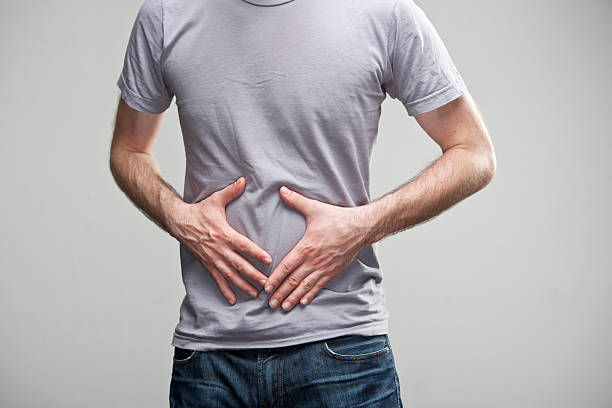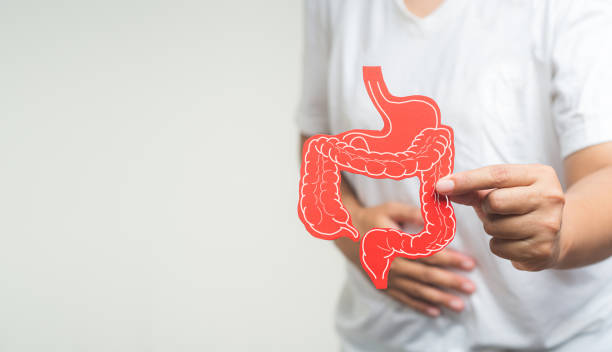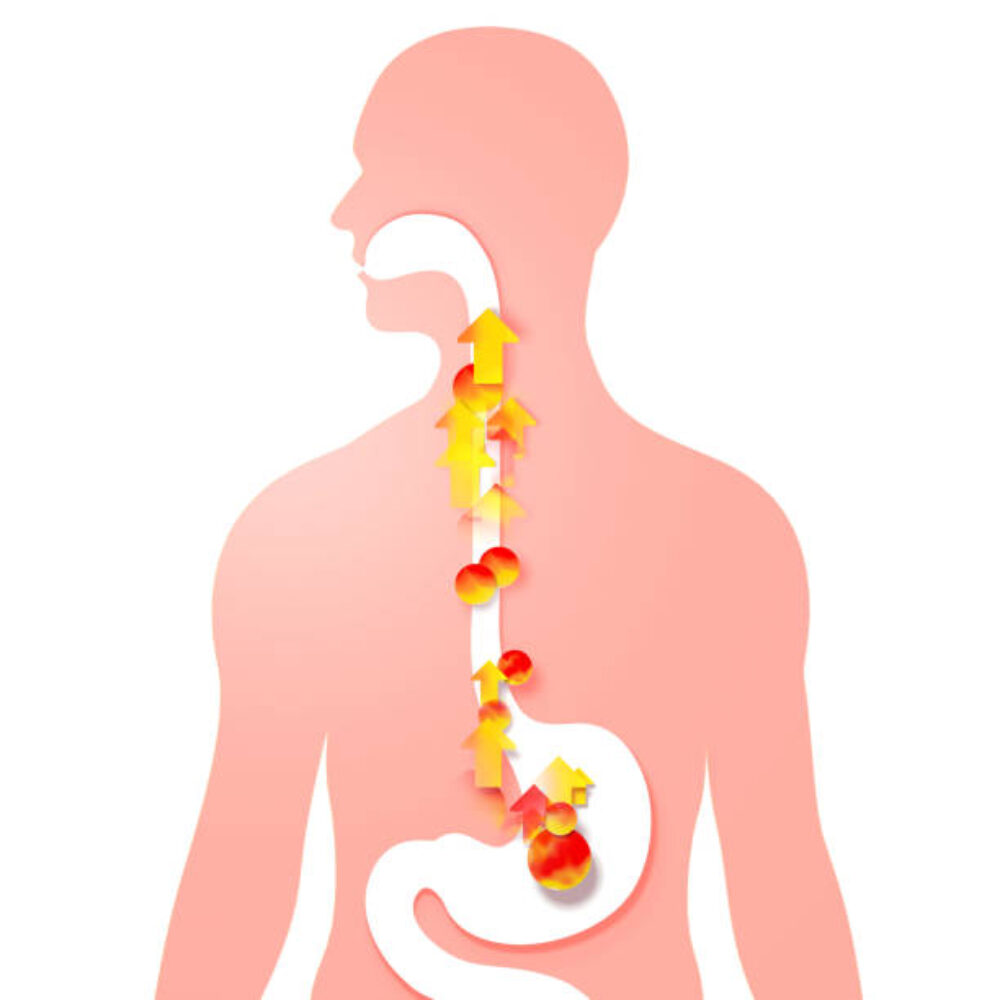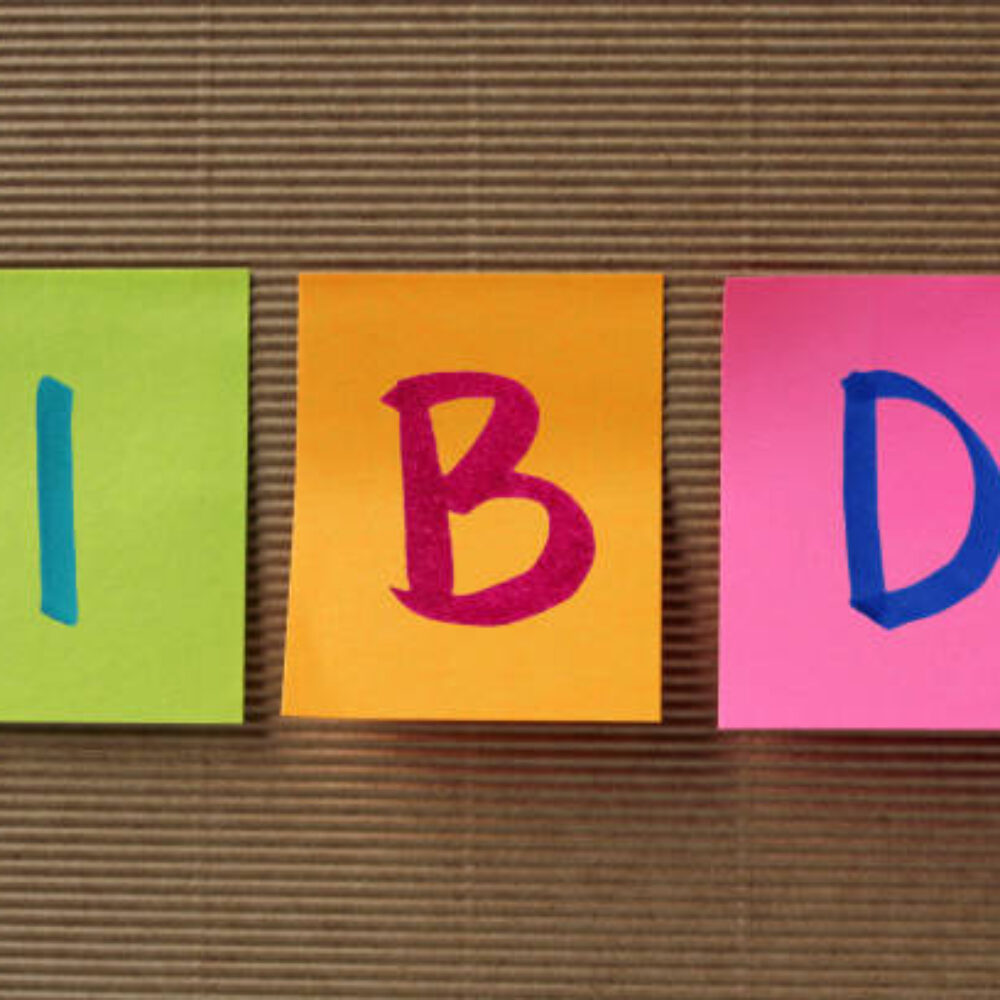No, diarrhea is not a form of constipation. Diarrhea causes loose, watery stools and frequent bowel movements. Constipation causes hard, dry stools and difficulty passing them. They are different digestive diseases.
If you want to understand the whole difference between diarrhea and constipation, read this article. Here, we share the common symptoms of these two conditions to help you clearly understand the difference.

Diarrhea
In general, frequent bowel movements and watery stools are called diarrhea. However, in medical terms, if there are stools more than three times a day or if the stools are liquid or soft and frequent, it is called diarrhea.
Diarrhea can be of two types:
- acute diarrhea
- chronic diarrhea
What causes infectious diarrhea?
- Virus-induced, such as Rotavirus, Astrovirus, Adenovirus, etc.
- Bacteria-induced, such as Salmonella, Shigella, E. coli, Vibrio cholerae, Campylobacter, etc.
- Parasite-induced, such as Giardia, Cryptosporidium, Cyclospora, etc.
Why does non-infectious diarrhea occur?
- Some diseases, such as diverticulitis, colorectal or intestinal cancer, IBS, ulcerative colitis, etc.
- Some medications, such as magnesium-rich antacids, various antibiotics, laxatives, etc.
Causes of chronic diarrhea:
- Giardia intestinalis
- Strongyloidiasis
- Enteropathic E. coli
- Food not digesting
- Intestinal worms, etc.

Symptoms of diarrhea:
The main symptoms of diarrhea are intense straining to pass stool and frequent loose stools. Additionally, nausea, abdominal pain, pressure in the abdomen, abdominal bloating, and finally, dehydration occur.
A serious complication of diarrhea is dehydration. Diarrhea results in the loss of a large portion of essential fluids from the body, increasing the risk of dehydration. Symptoms of dehydration include extreme fatigue, dry mucous membranes, increased heart rate, headache, increased thirst, decreased urination, and dry mouth.
Children are very susceptible to diarrhea and dehydration. During this time, children’s urination decreases, their mouths become dry, they experience headaches, they appear tired, their eyes do not water when crying, their eyes are half-closed, they appear drowsy, and they are always restless.
Constipation
When we talk about constipation, its symptoms include having fewer than three bowel movements per week, dry and hard stools, larger-than-usual stool size, difficulty during defecation, abdominal pain, bloating, or nausea.
If you compare the symptoms of these two conditions, you can easily find the difference between diarrhea and constipation. It is clear that diarrhea is not a form of constipation. These are entirely different gut diseases.
For More:

Now, we share how to prevent and cure diarrhea, including what to eat and avoid:
Diarrhea is a common disease, but a lack of awareness can cause death. It is necessary to take preventive measures in the case of diarrhea. So knowing how to prevent and cure diarrhea is very important. Now we discuss it:
How to Prevent Diarrhoea:
Water-borne pathogens cause diarrhea, so you must be careful when you consume water. You should drink purified water. Avoid eating stale and cold food, as it can cause diarrhea. Protect your food from insects and dust. Clean your hands before eating and after coming from the washroom.
How to Cure Diarrhoea:
When you have symptoms like diarrhea, you should drink saline. You can also drink homemade saline, but make sure to drink it within 6 hours; drinking it after that is harmful. A person with severe diarrhea, such as excessive diarrhea and vomiting, should see a doctor.
What to Eat and What Not to Eat:
Diarrhea is a stomach disease, so you should notice what you eat and what should not be eaten. In this disease, you can eat your regular daily food.
However, some foods like fried, spicy food, tea, coffee, and alcohol can disturb your digestive system, so it is good to avoid these foods. In diarrhea, the body becomes very dehydrated, so you should eat more liquid or fluid food. Increase your daily water intake, consume coconut water, and drink saline. Rice water is very beneficial at this time.
Green bananas also help diarrhea patients. Green bananas have iron, potassium, and minerals. Iron can cause constipation, so eating green bananas can help make the stool a little harder.
Consuming probiotics can also be helpful for this type of disease. Yogurt contains probiotics. Consuming yogurt can improve the condition of diarrhea.
For more information:
Frequently Asked Question
Why do I have diarrhea every morning?
Morning diarrhea can happen for many reasons. One of the reasons is stress, as too much stress can affect your digestive system and cause diarrhea. Also, if you are food sensitive, have gluten intolerance, cannot eat dairy, drink too much coffee, or have IBS, it can cause diarrhea. Sometimes it can happen due to an infection. If it happens often, consult a doctor and try to change your lifestyle by eating healthy food and maintaining a healthy lifestyle.
Can diarrhea cause migraines?
Sometimes, diarrhea can cause migraines because it can lead to dehydration, which is a common cause of migraines. Also, gut problems can affect the brain, which can lead to headaches.
Does grape juice cause diarrhea?
Drinking too much grape juice can cause diarrhea because it contains natural sugars that can upset your stomach if your body struggles to digest them. So, don’t drink too much grape juice.
Can GERD cause diarrhea?
GERD (gastroesophageal reflux disease) doesn’t directly cause diarrhea but has some connection. Some medicines are used to treat GERD, like antacids or proton pump inhibitors (PPIs). These medicines can upset your stomach and cause diarrhea.



